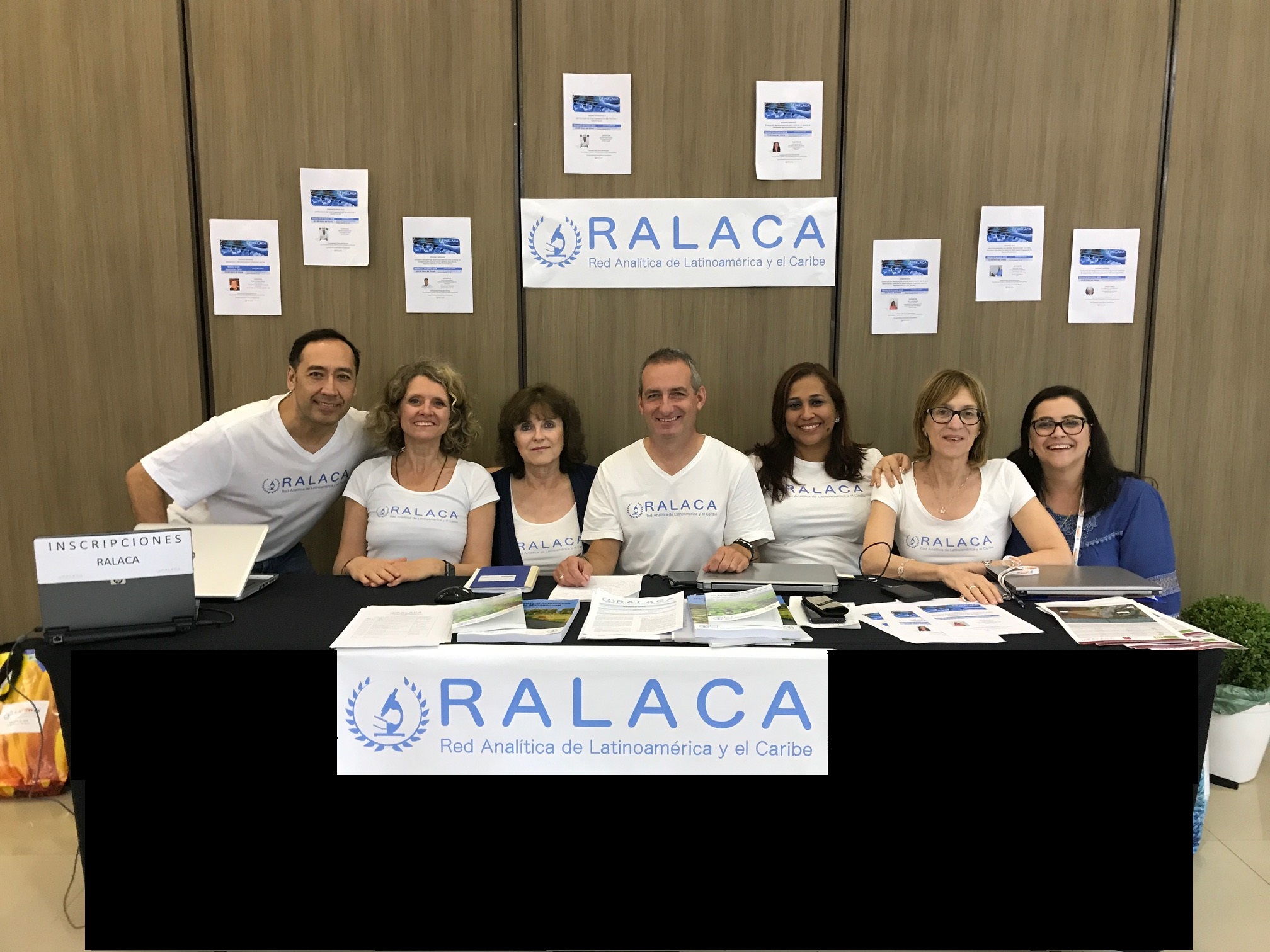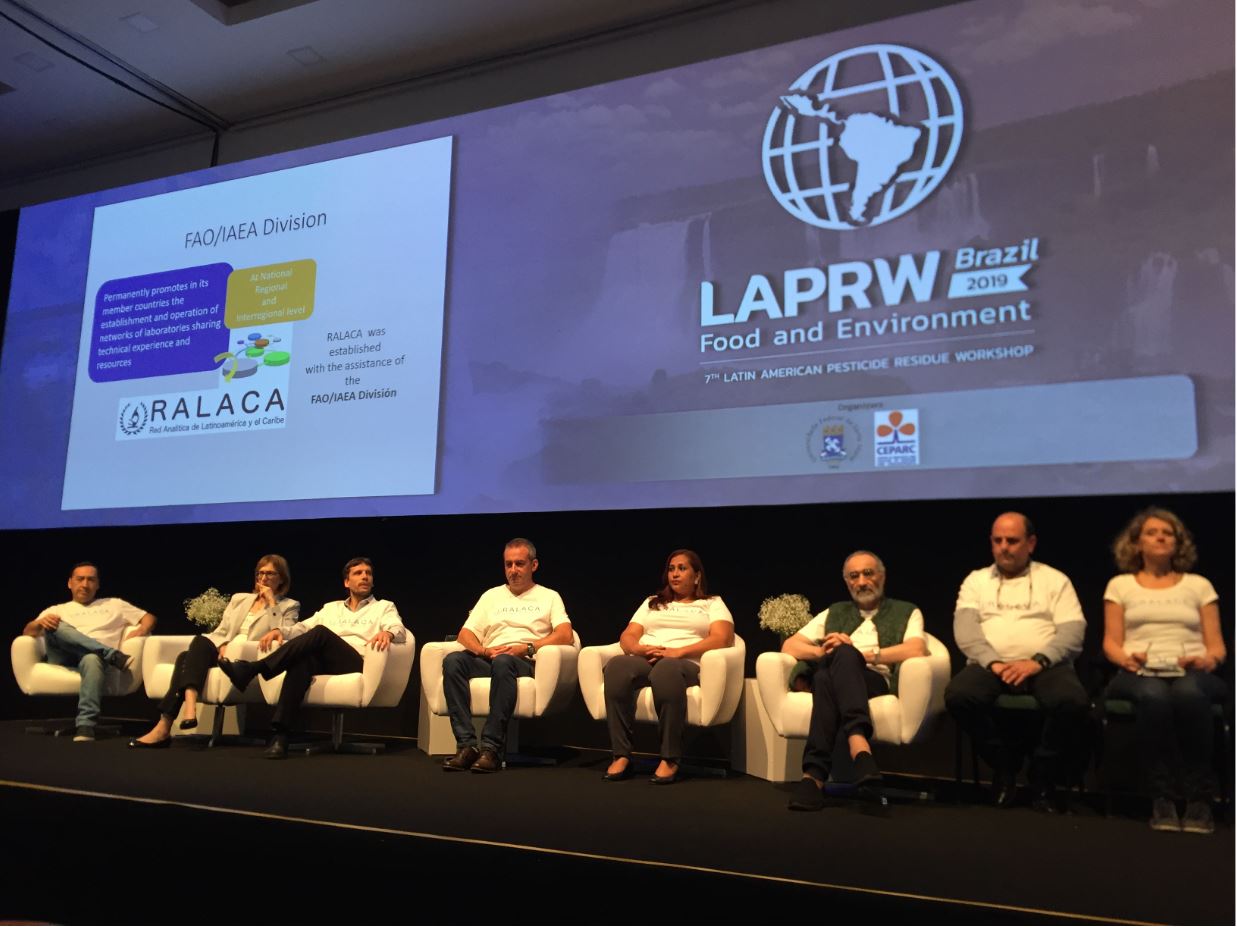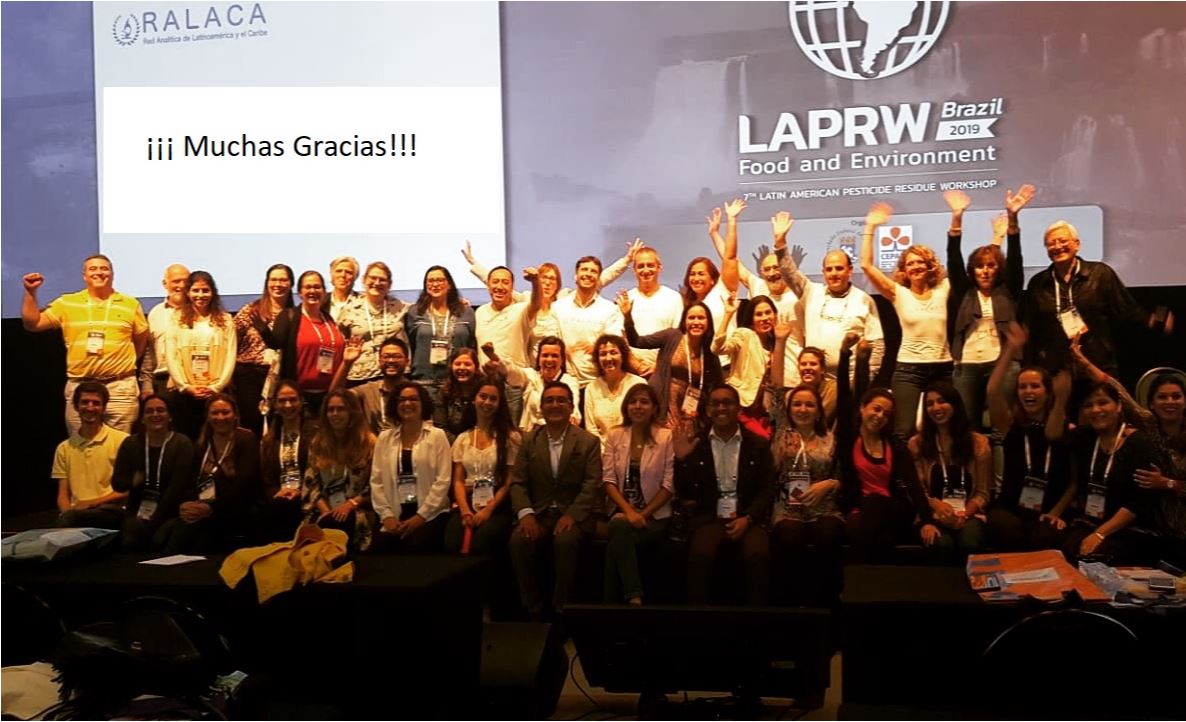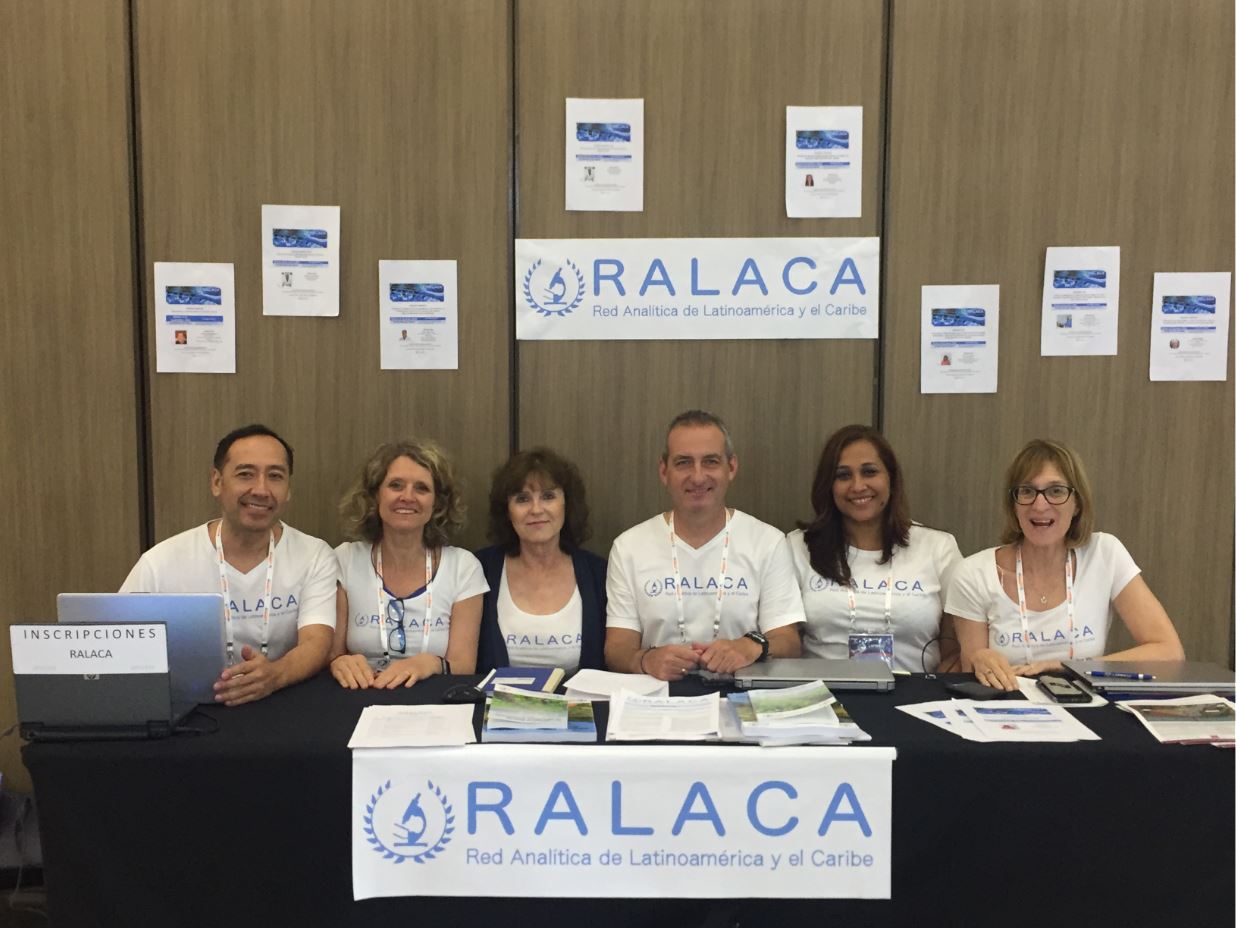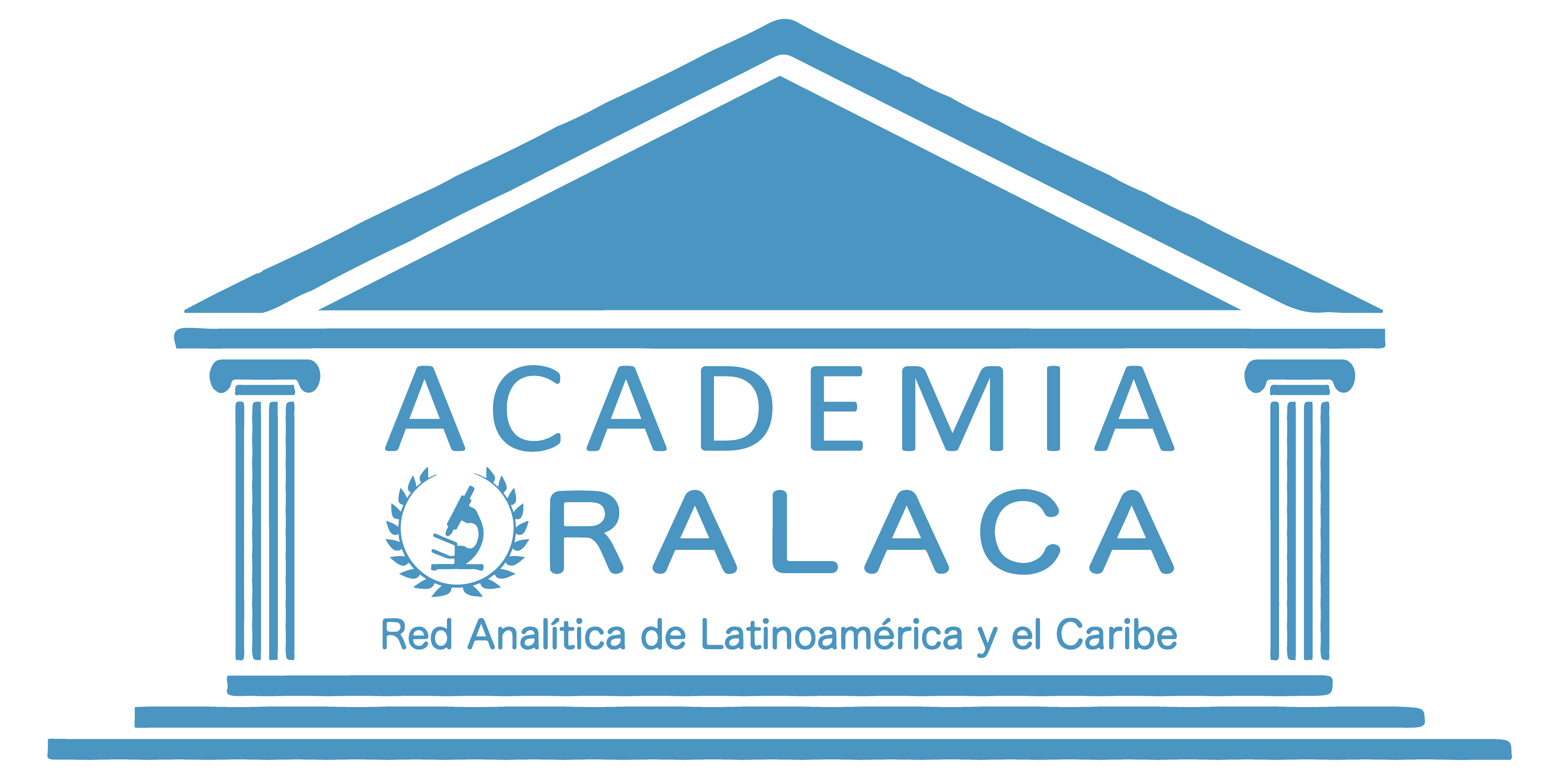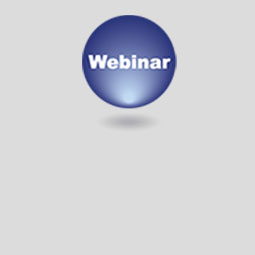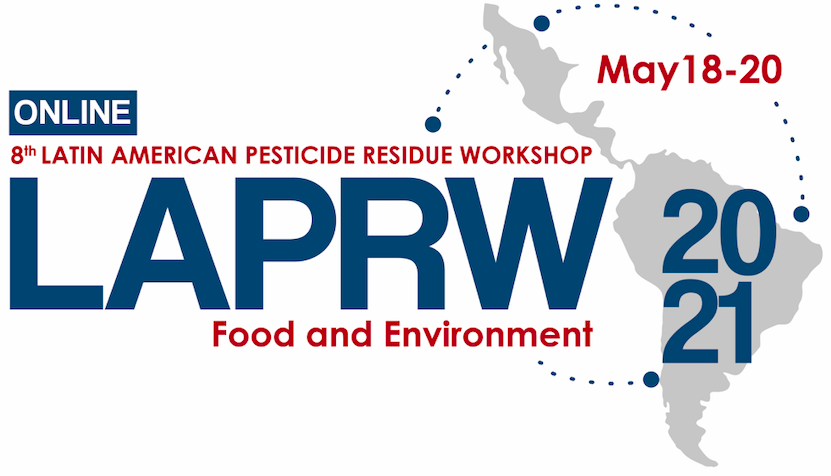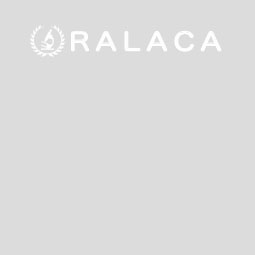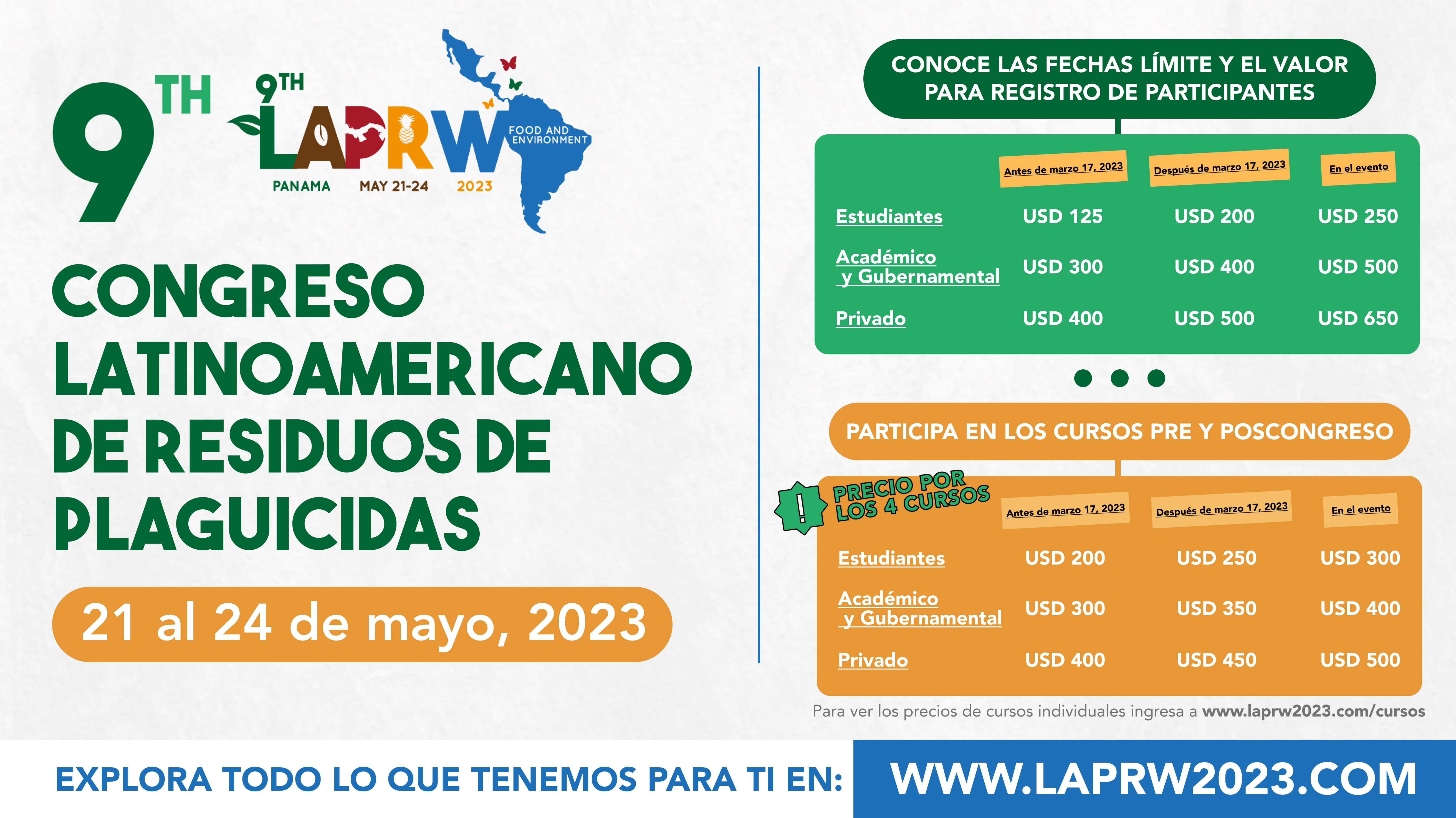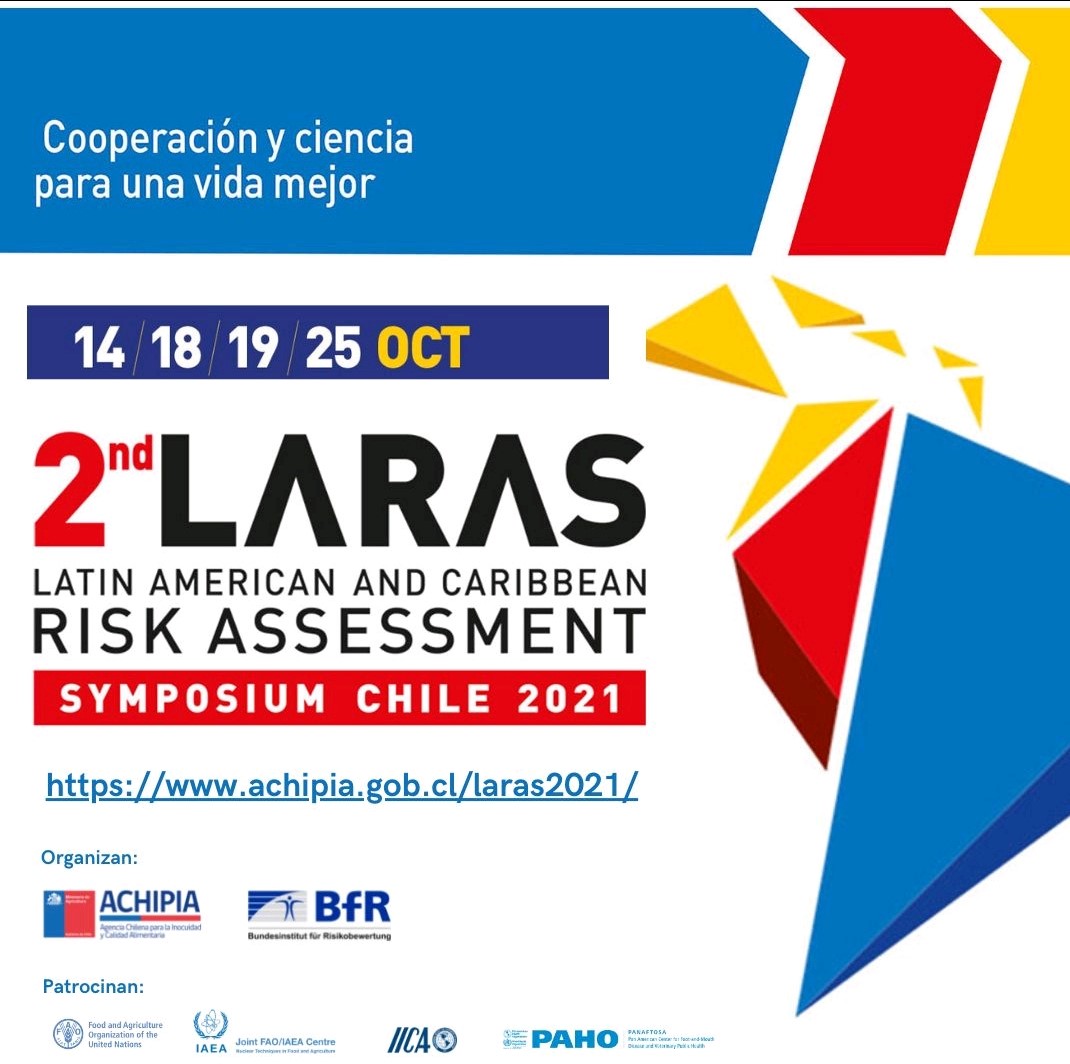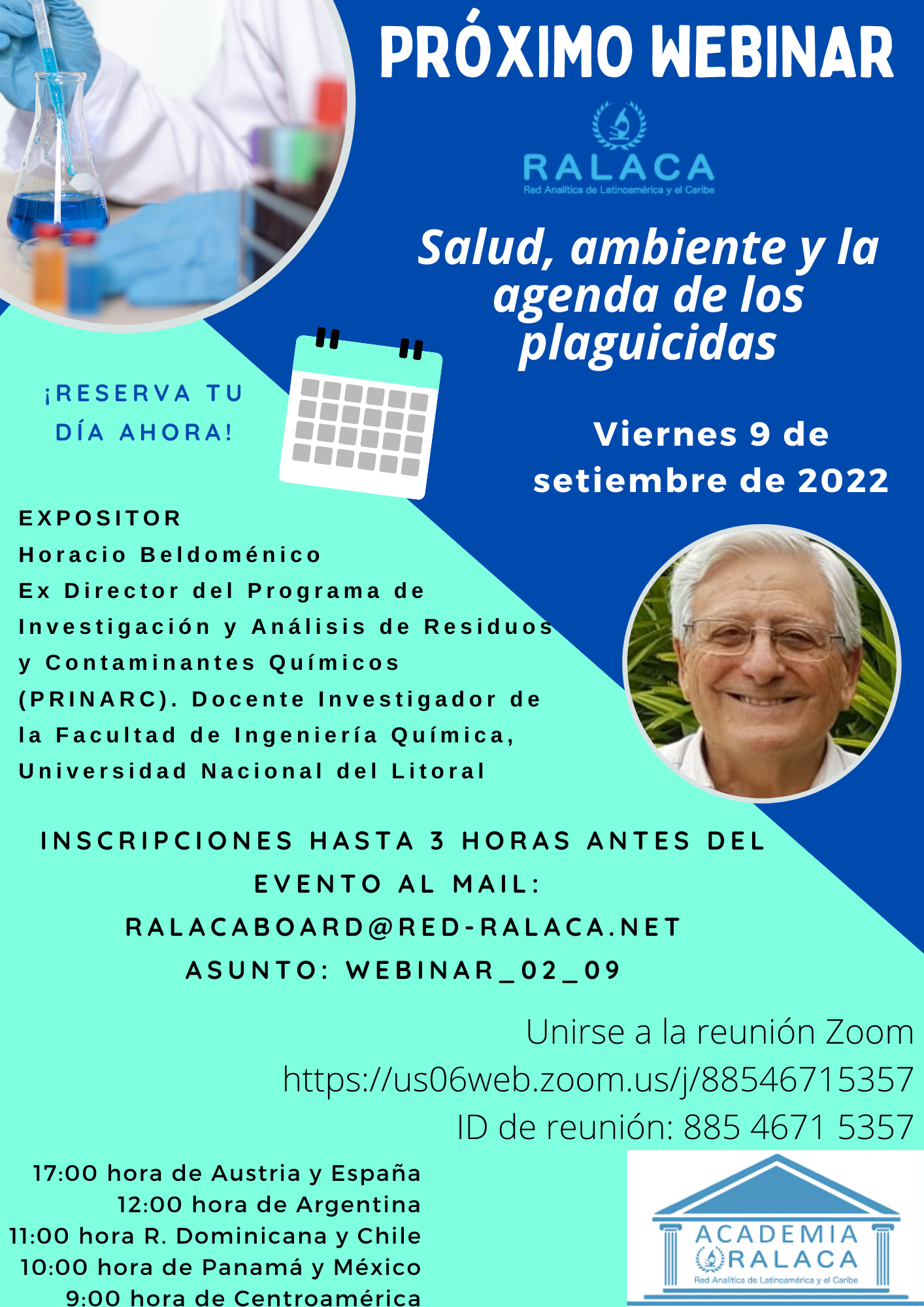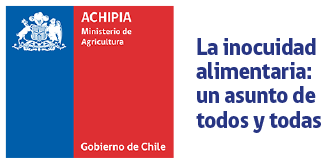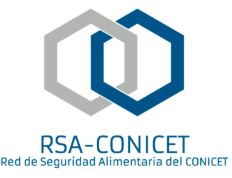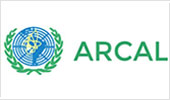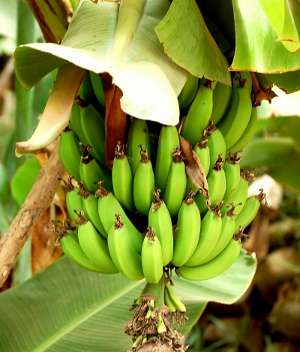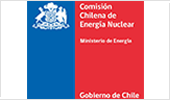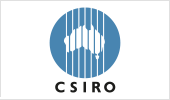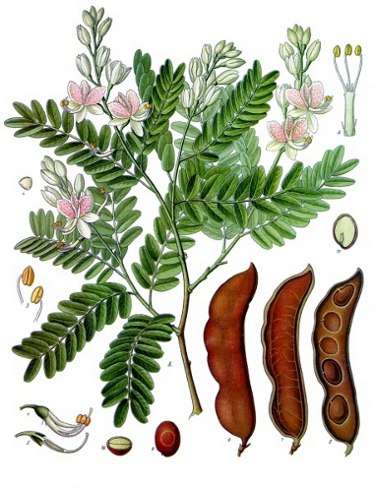|
|
|
|
Contact person: |
Lissette Orta Arrazcaeta Armando Rafael Romeu Carballo Gonzalo Dierksmeier Corcuera |
|
E-Mail: |
Lissette Orta Arrazcaeta This email address is being protected from spambots. You need JavaScript enabled to view it. This email address is being protected from spambots. You need JavaScript enabled to view it. Armando Rafael Romeu Carballo Gonzalo Dierksmeier Corcuera |
|
Mandate of the Laboratory: |
The institute (INISAV) is part of the Agricultural Ministry, and |
|
Role in the farm-to-fork chain: |
Technical support of the activities related with the |
|
National Reference Laboratory: |
Yes, it is. |
|
Type of contaminants analysed: |
Pesticides residues PCBs POPs Pesticides |
|
Matrices analysed: |
Crops: vegetable, fruit, cereal, coffee and beans. |
|
Combination matrices and contaminants analysed: |
Crops: Vegetable, fruit, cereal, beans, coffee: Pesticides residues. Environmental: Water: Pesticides residues. Sediment: Pesticides residues, PCBs and POPs Pesticides. Biota: Pesticides residues, PCBs and POPs Pesticides. Fish: Pesticides residues, PCBs and POPs Pesticides. Soil: Pesticides residues, PCBs and POPs Pesticides. Air: Pesticides residues, PCBs and POPs Pesticides. Other commodity: Honey: Pesticides residues, PCBs and POPs Pesticides. Shrimps: Pesticides residues. Tobacco: Pesticides residues. |
|
Description of validated method used: |
Organophosphorus in honey. |
|
Laboratory accredited according to |
No |
|
Provision of interpretation of residue |
It provides data interpretation |
|
Laboratory certified according to GLP: |
No |
|
Is laboratory available for research and |
Yes, it is. |
|
Is the laboratory available for quality |
Yes, it is. |
|
Is the laboratory available for expert |
Yes, it is. |
|
Is the laboratory available for ad hoc on- |
No, for this moment. |
|
Is the laboratory available for ad hoc |
The laboratory has access to internet but with restriction and the connection is slow. |
|
Is the laboratory available for |
No, it is not. |
|
Is the laboratory available for |
No, it is not |
 Cuba
Cuba
|
Partnes from Cuba |
||
|
Partner |
Institution |
Contact |
|
Isis María Fernández Gómez |
Centro de Protección e Higiene de las Radiaciones |
This email address is being protected from spambots. You need JavaScript enabled to view it. |
|
Nancy Mercedes Alberro Macías |
Centro de Aplicaciones Tecnológicas y Desarrollo Nuclear (CEADEN) |
This email address is being protected from spambots. You need JavaScript enabled to view it.; This email address is being protected from spambots. You need JavaScript enabled to view it. |
|
Eduardo Adolfo Capote Ferrera |
Centro de Protección e Higiene de las Radiaciones |
This email address is being protected from spambots. You need JavaScript enabled to view it. |
|
Niuris Martinez Ricardo |
Centro de Protección e Higiene de las Radiaciones |
This email address is being protected from spambots. You need JavaScript enabled to view it. |
|
Jorge Antonio Carrazana González |
Centro de Protección e Higiene de las Radiaciones (CPHR) |
This email address is being protected from spambots. You need JavaScript enabled to view it. |
|
Yamila |
Instituto Nacional de Higiene Epidemiología y Microbiología |
This email address is being protected from spambots. You need JavaScript enabled to view it. |
|
Mabel |
Centro de Estudios Ambientales de Cienfuegos (CEAC) |
This email address is being protected from spambots. You need JavaScript enabled to view it. |
|
Maikel Hernández Núñez |
Centro de Estudios Ambientales de Cienfuegos (CEAC) |
This email address is being protected from spambots. You need JavaScript enabled to view it. |
|
Minerva Sánchez LLull |
Centro de Estudios Ambientales de Cienfuegos |
This email address is being protected from spambots. You need JavaScript enabled to view it. |
|
Rita Yvelice Sibello Hernandez |
Centro de Estudios Ambientales de Cienfuegos |
This email address is being protected from spambots. You need JavaScript enabled to view it. |
|
Alain Muñoz Caravaca |
Centro de Estudios Ambientales de Cienfuegos |
This email address is being protected from spambots. You need JavaScript enabled to view it. |
|
Félix Osmel García Morfi |
Centro de Estudios Ambientales de Cienfuegos |
This email address is being protected from spambots. You need JavaScript enabled to view it. |
|
Yasser Morera Gómez |
Centro de Estudios Ambientales de Cienfuegos (CEAC) |
This email address is being protected from spambots. You need JavaScript enabled to view it. |
|
Grabiel David Fuentes León |
Centro de Estudios Ambientales de Cienfuegos (CEAC) |
This email address is being protected from spambots. You need JavaScript enabled to view it. |
|
Liana Beatriz Carballo Rosado |
Centro de Estudios Ambientales de Cienfuegos |
This email address is being protected from spambots. You need JavaScript enabled to view it. |
|
Héctor Alejandro Cartas Aguila |
Centro de Estudios Ambientales de Cienfuegos |
This email address is being protected from spambots. You need JavaScript enabled to view it. |
 Vienna, Austria
Vienna, Austria 

